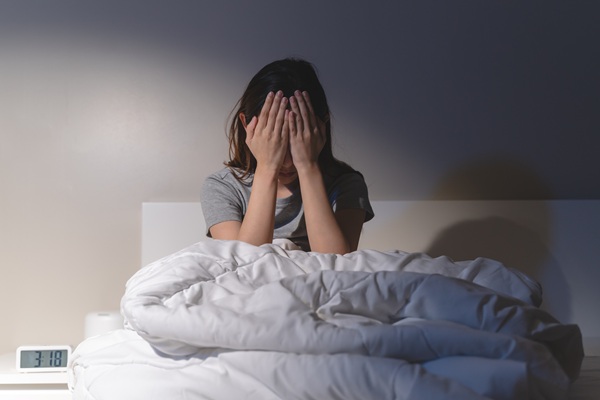Treatment Options if You Are Struggling With Addiction

If you are struggling with addiction, you may often feel like you are all alone. You may feel like no one knows what you are going through. According to a 2017 study by the National Survey on Drug Use and Health, nearly 20 million Americans struggle with addiction each year. While those are sobering numbers, it can be comforting to know that you are not alone. Millions of Americans are going through the same struggle and there are hundreds of programs out there to help you.
Recognition of the problem
If a person is struggling with addiction in their life, the first step to recovery is admitting that the problem exists. While it is often easier to pretend like there is nothing wrong, this kind of denial is not healthy. Admitting there is a problem, and having a true desire to overcome it, is the first step on the road to recovery.
Treatment options
There are many ways to treat addiction. Most of these treatments work better when they are used in conjunction with one another.
Get clean
The obvious first step is to get clean. It is not possible to treat addiction if the individual is still using the substance of choice. This process of getting clean is a detox. Detoxing is simply cleaning out the body of all traces of the harmful substances. Many times, drugs are used in conjunction with this process to reduce the risk of withdrawal symptoms.
Find a support system
A support group is another effective treatment for ongoing recovery. Constant touchpoints with others who are going through the same struggle let people know they are not alone. Talking to others allows patients to express their struggles as well as receive encouragement from fellow recovering addicts.
Go into therapy
Having sessions with a professional counselor is another common, effective treatment. A professional can discuss methods for dealing with urges, teach neurolinguistic programming techniques and help develop motivation and incentives to be used throughout the recovery. Therapy and counseling are aimed at helping people recognize bad behavior patterns and perspectives. After identifying these negative mindsets, a professional can help the patient develop a plan for dealing with them.
Take medication
While it might seem contradictory, taking medication often helps with overcoming addiction. This is particularly true for alcohol-related issues. Some medications assist with mood in the long-term or aim at helping patients by decreasing cravings. Many are used in conjunction with a therapist or psychologist. To discourage alcohol use, there are drugs that can potentially reduce the positive chemical effects on the brain such as euphoria. There are even drugs that increase the negative effects such as feeling sick.
Conclusion
Addiction of any kind is challenging and frustrating. You may feel like you are out of control or cannot get a handle on the problem. Do not make the mistake of trying to handle the problem by yourself. Seek out the assistance of a professional who can be there with you every step of the way on your path to recovery.
Request an appointment here: http://www.hopetmsofny.com or call Hope TMS and Neuropsychiatric Center at (646) 578-8152 for an appointment in our New York office.
Check out what others are saying about our services on Yelp: Read our Yelp reviews.
Recent Posts
Insomnia disrupts sleep patterns and negatively affects overall health, leading to fatigue, difficulty concentrating, and emotional distress. This condition can result from chronic stress, anxiety, depression, or medical issues that interfere with the body's natural sleep cycle. A psychiatrist can help diagnose and address insomnia, providing tailored treatments focusing on mental and physical well-being.Insomnia is…
Relationship obsessive-compulsive disorder (ROCD) is a distinct subtype of OCD that can cause persistent doubts and distressing thoughts about romantic relationships. OCD treatment can help individuals manage their intrusive thoughts and compulsive behaviors associated with ROCD. Understanding and having access to the available treatment options can help individuals regain control over their thoughts and the…
Smoking cessation is one of the best things a person can do for their health. Still, despite the ill health effects of smoking and the clear benefits of quitting, many people find it nearly impossible to quit on their own. If you are finding it hard to quit, gain insight into why you may be…
Transcranial magnetic stimulation (TMS) is a cutting-edge treatment that offers hope for people dealing with depression and anxiety, especially those who have not found relief with medication or therapy. TMS is a non-invasive procedure that uses magnetic fields to stimulate specific areas of the brain involved in mood regulation. This innovative approach is helping many…


